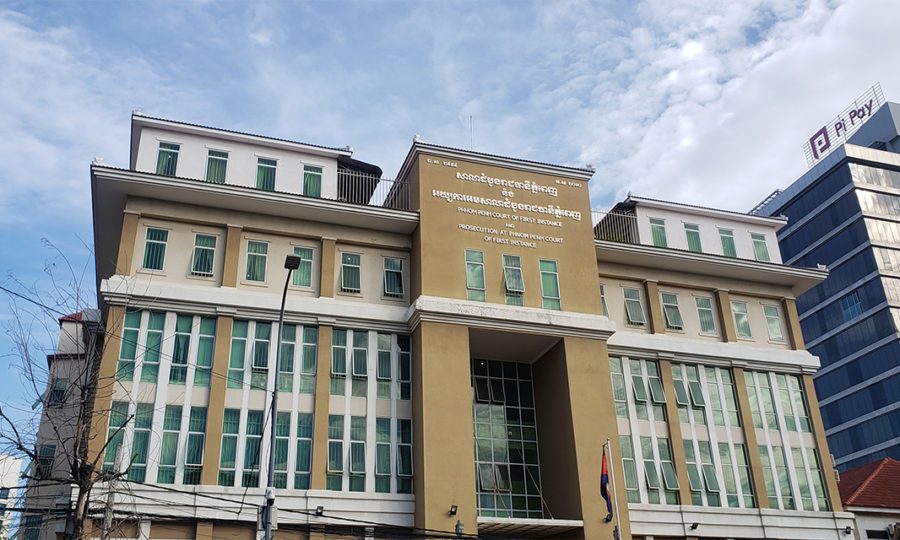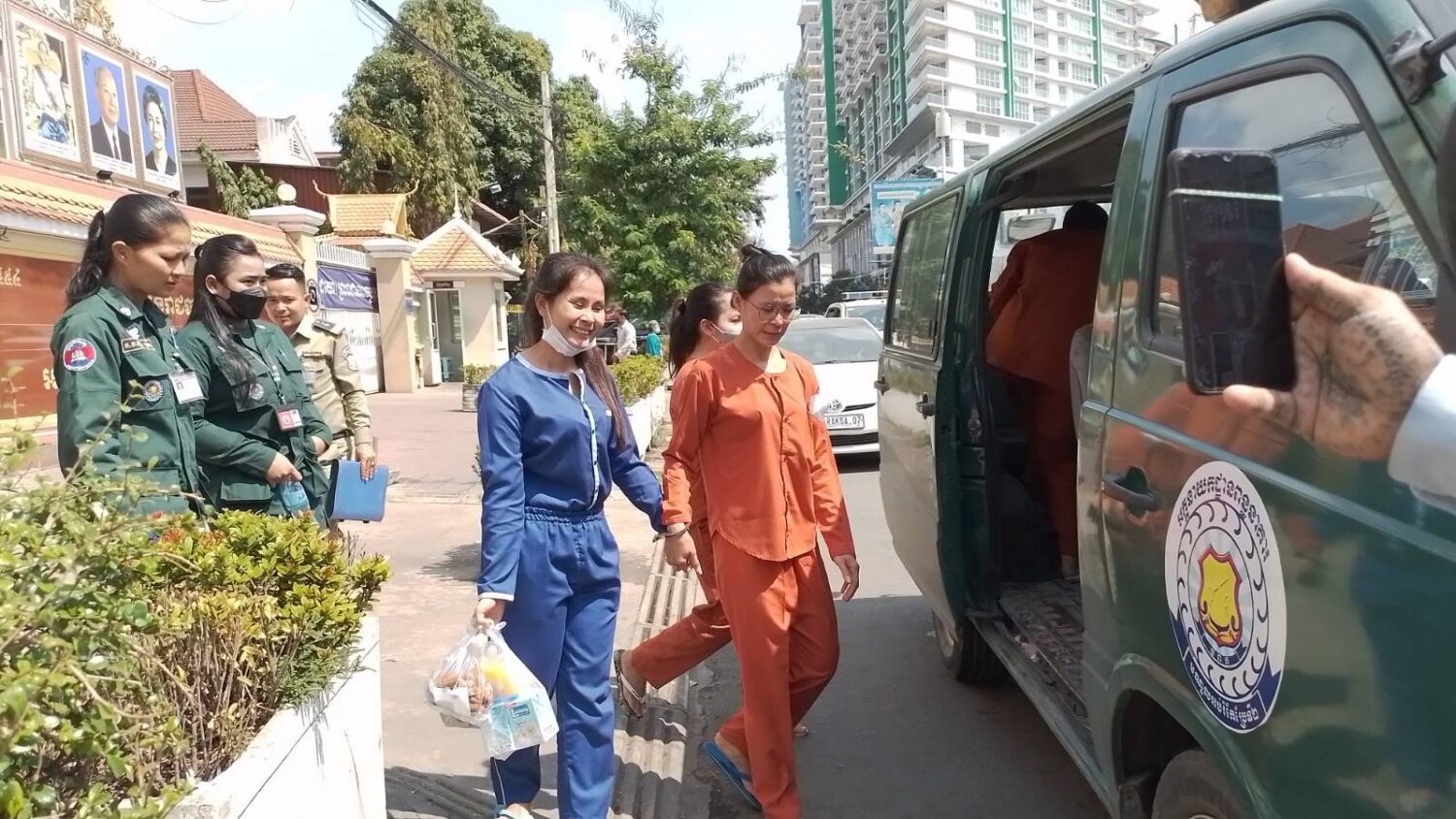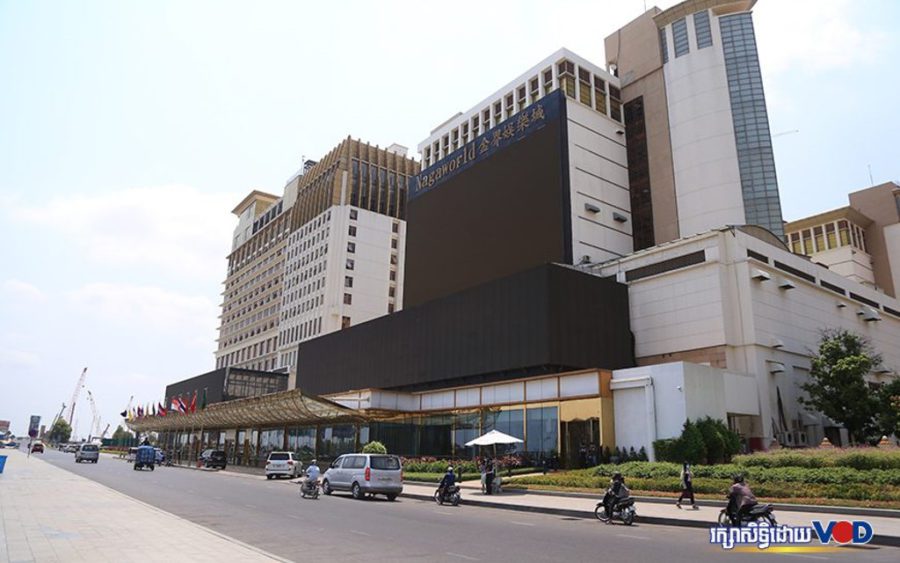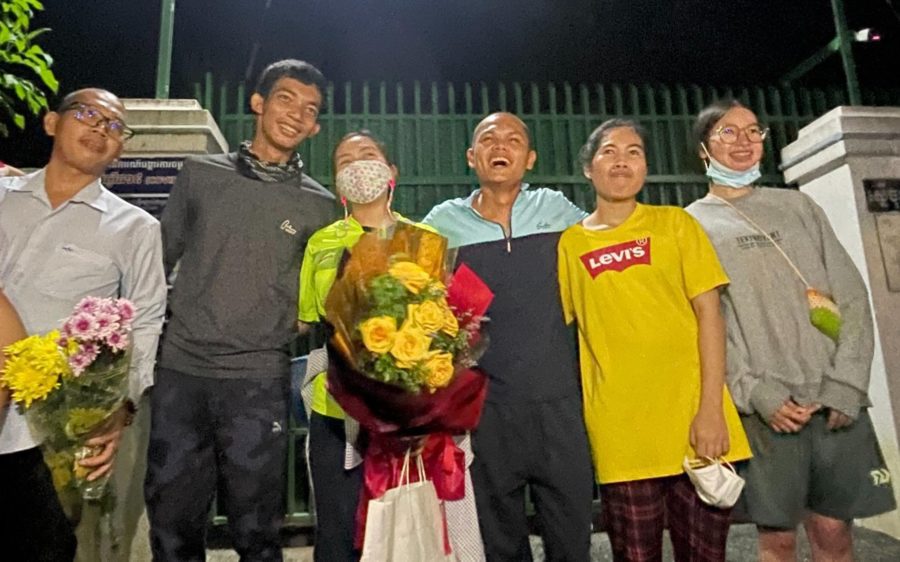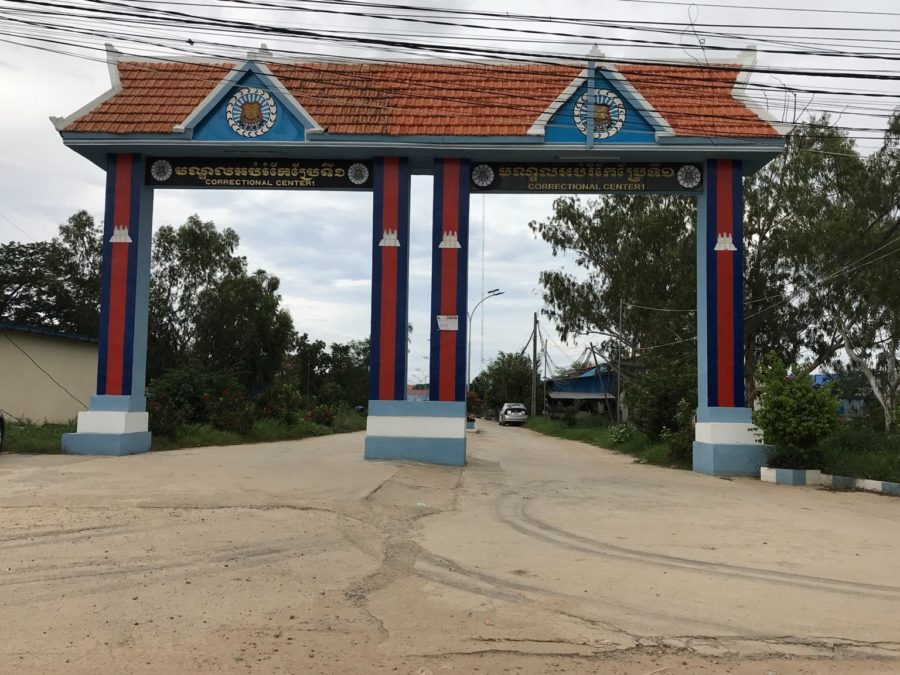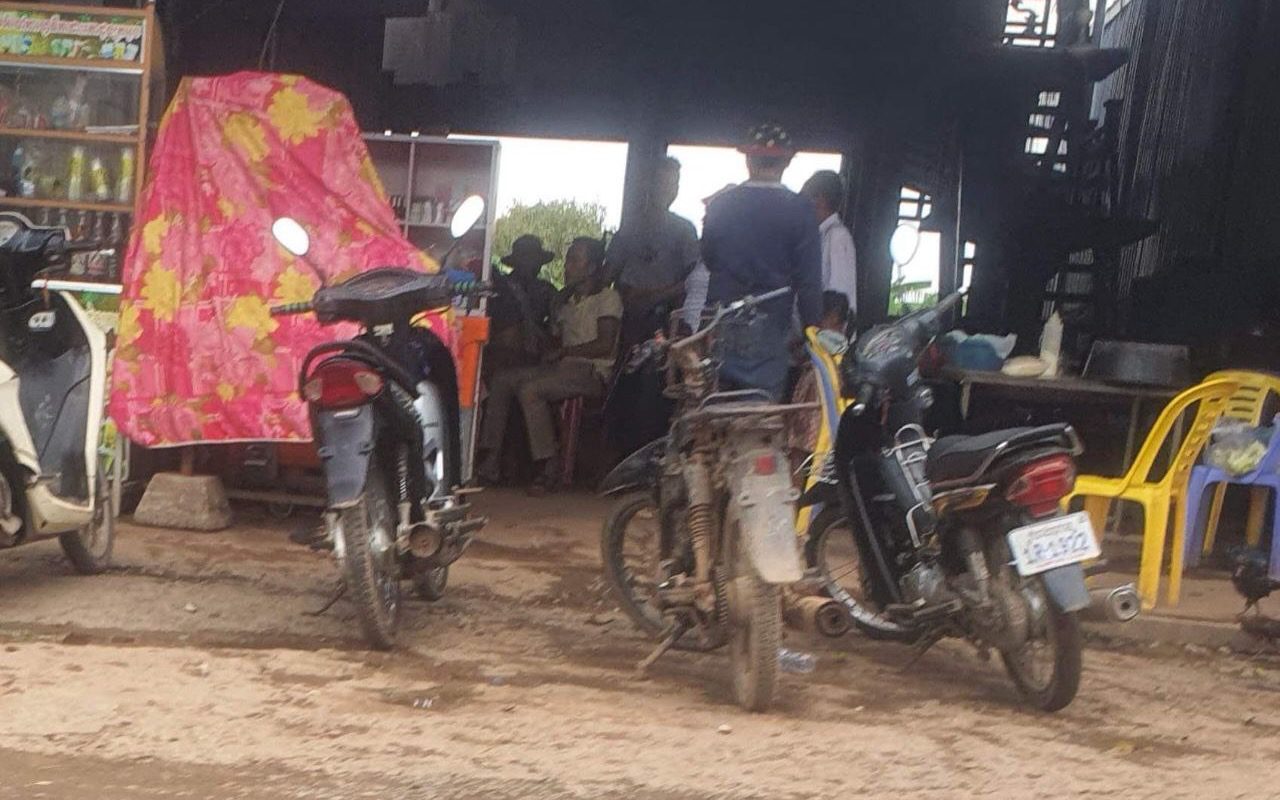A first-of-its-kind, 10-year study tracking the lives of 128 Cambodian sex trafficking survivors reveals frequent shock and re-exploitation as they try to reintegrate into the community, and fears and intimidation while navigating the justice system, according to a series of research reports published this week.
Chantrea, a survivor, was aged 15 when she was recruited by a labor broker to migrate to Malaysia, says one of the eight academic articles published in the journal Dignity.
The recruitment agency confiscated her passport, and she only managed to escape after two years by spending all her earnings to be re-smuggled into Cambodia.
The job was supposed to help her family pay off microfinance debt incurred for construction on their house, and even after her return the pressure to work continued.
Chantrea, a pseudonym given to her by the researchers, ended up in a series of KTVs, where she was pressured to have sex with customers.
“At first, Chantrea informed us that she did not engage in sex at the KTV. However, several years into the study, she revealed this wasn’t true,” the researchers say. Some KTVs were “forceful” about her having sex with customers, they say. “The owners usually paid fees (i.e., bribes) to local police to leave them alone, but at one place, she had to pay fees to local police officers out of her own earnings.”
Chantrea told the researchers that she did not like to have sex with customers and was often mistreated. “But she had nowhere else to go or live and felt she must send money to her family,” they say.
“One day she plans to pay off her family’s debts, leave the KTV and open her own grocery shop. When asked who in her life she felt she could trust, she said she trusted no one.”
The researchers for that article conducted 802 interviews with 64 female sex trafficking survivors to examine the factors leading to re-exploitation. It was based on anti-trafficking NGO Chab Dai’s longitudinal study of 128 survivors that began in 2010 and is described as “the only research project of its kind listening to sex trafficking victims over ten years.”
The article about factors leading to re-exploitation, which highlights Chantrea’s case, says the 64 surveyed women were trafficked between the ages of 7 and 25.
After surviving exploitation, 66 percent experienced poverty, 19 percent physical violence, 19 percent further sexual exploitation, and 61 percent emotional violence, despite receiving post-trafficking assistance, it says.
All the women who experienced re-exploitation also experienced extreme poverty, the article says, but emphasizes that there are many combinations of factors that can lead to re-exploitation, and poverty alone does not explain the occurrences.
Low education was a risk factor for re-exploitation, but high education did not contribute to avoiding re-exploitation, possibly as it might not be leading to skilled jobs, they add.
Contrary to the researchers’ expectations, having a child decreased the risk of re-exploitation. “In the Cambodian context, this might mean investing more time and energy in helping survivors strengthen family bonds, or in the absence of family connections, helping survivors establish family-like bonds with other members of the community,” they say.
Another article in Dignity examined 93 survivors’ experiences in trying to find justice in the Cambodian legal system.
In 16 individuals’ cases, formal legal investigations did not proceed to the court, or the legal proceedings were stopped. They withdrew complaints fearing repercussions from the perpetrators’ family, the perpetrator was released without prosecution, complaints did not proceed for unknown reasons, or their cases were resolved by “community level mediation.”
Of the 93 survivors, 60 percent told the researchers that they had positive experiences with police, but 40 percent did not. They spoke of intimidation during interrogations, as well as pressures in court and from perpetrators’ families.
“They spoke strongly and loudly. They asked me whether I was forced by my mother, but I told them that I went by myself. They shouted at me. … The police made me fearful. He put the gun in front of me too,” one woman told the researchers. “I felt afraid. The perpetrator will be in prison but their family, husband and children are not in prison. I was afraid that their family would follow me,” said another.
One participant described how she had to sit face-to-face with her perpetrator in court and felt fear. Another felt harassed by the judge and lawyer.
“I got angry. Do you know why? The judge and lawyer used their mobiles and took photos. … They took pictures of me,” the survivor told the researchers.
Justice Ministry spokesperson Chin Malin said survivors had the right to take legal action against intimidation by officers. “Intimidation and threats in the proceedings are illegal, so if there is clear evidence and grounds, victims can use them to defend their legal rights,” Malin said.
Chou Bun Eng, vice chair of the National Committee on Counter-Trafficking, said officers often try to educate and advise victims not to continue sex work during police questioning.
“If the authorities educate the victims, it doesn’t mean this is intimidation to them. They want them to avoid trafficking next time. If it happens more than one time, it is not trafficking anymore but breaking the law,” Bun Eng said.
Bun Eng raised an example of a 15-year-old girl who was rescued pregnant from sex trafficking in China, but later became uncooperative. “We tried to help as a victim until she gave birth, but in the end she ran away from the baby. This is what we question. Is it trafficking or the purpose of the victims to break the law?”
“Sometimes the authorities want to educate them, but they don’t easily trust people,” she added. “I’m not really sure this can be suitable to call intimidation against them, when this is education to be better. Please try to distinguish between advice and intimidation.”
The researchers say survivors need more protections and assistance in the justice system. They advise that survivors should be allowed to actively participate and make decisions in their legal cases, confidentiality should be strengthened, and court outcomes should be provided in a timely manner. They add that intimidation during interrogations must stop.
“Fear was the predominant reason that individuals did not enter or continue proceeding with their legal cases. Intimidation tactics were common in every stage of the survivor’s legal journeys, from heated police interrogations, traumatizing cross-examination from defence attorneys, and threats from violent perpetrators,” they say.
“Individuals need to be protected from the adversities of being lied to, disrespected, blamed, shamed, unbelieved and threatened; all of which were experienced by this and other cohorts of survivors seeking legal justice in Cambodia.”


